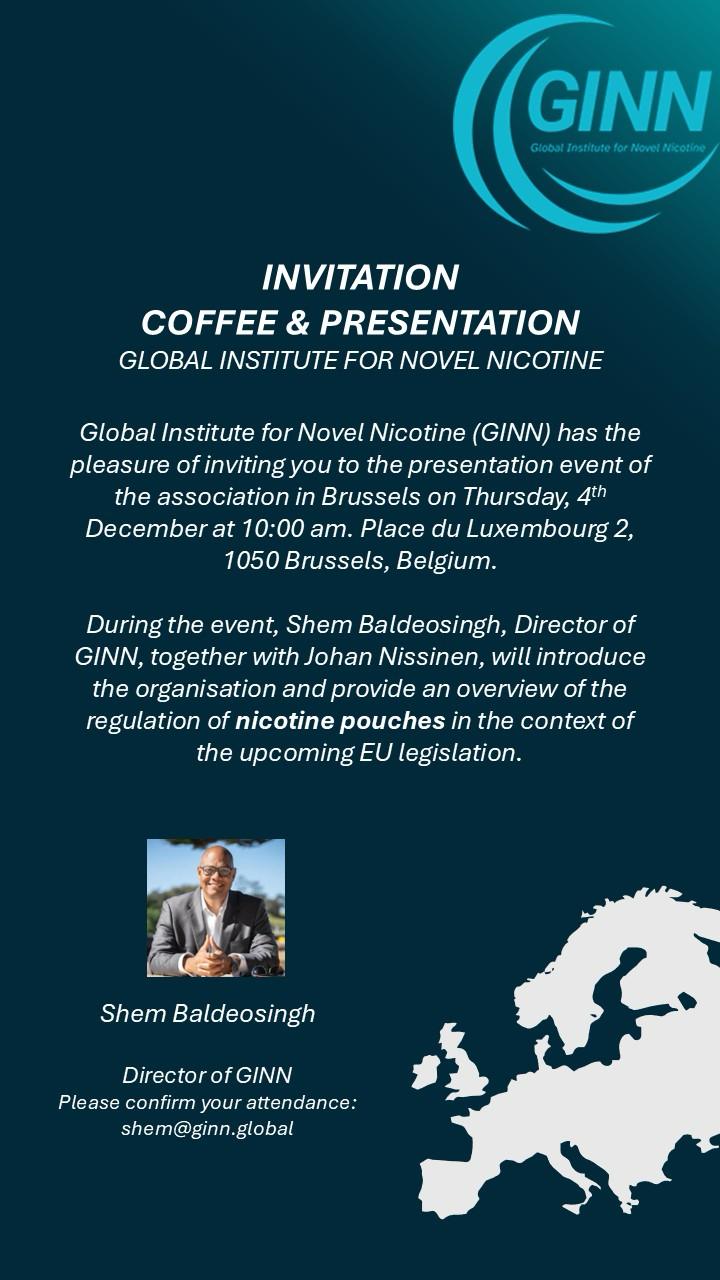The United Arab Emirates (UAE) is taking a groundbreaking step in redefining tobacco control by officially endorsing the use of less harmful nicotine products as part of its public health strategy. As reported by The National, this shift reflects a global momentum toward harm reduction—prioritizing science-based alternatives that help adult smokers transition away from combustible tobacco.
A Public Health Turning Point
This policy shift stems from a crucial distinction: not all nicotine products carry the same health risks. While smoking cigarettes remains a leading cause of preventable disease and death, non-combustible alternatives—such as nicotine pouches, heated tobacco products, and regulated vaping devices—pose significantly lower health risks when used correctly.
According to the UAE’s Ministry of Health and Prevention, the country will now support access to approved reduced-risk nicotine products. This move is aligned with international best practices and is meant to support smokers who are unable or unwilling to quit nicotine entirely but are seeking a safer way to use it.
Scientific Backing and Expert Support
Public health experts have welcomed the change. Dr Rachel Kaminski, a pulmonologist at Saudi German Hospital in Dubai, praised the UAE’s decision as a major leap toward scientific rationality in public policy. “By treating nicotine products according to their actual level of risk, the UAE is putting evidence before ideology—and offering real options to smokers who have struggled to quit,” he said.
Among the most compelling arguments came from Dr. Karl Fagerström, a leading authority in nicotine and tobacco dependence. In supporting the UAE’s direction, Dr. Fagerström emphasized several critical points:
- Combustion—not nicotine—is the primary cause of harm from tobacco use. He clarified that while nicotine is addictive, it is not the main driver of cancer, heart disease, or other smoking-related illnesses.
- Providing smokers with access to less harmful products can reduce public health burdens dramatically. He highlighted how restrictive environments that block access to these alternatives tend to perpetuate smoking rather than reduce it.
- He also pointed out the success of countries like Sweden, where the widespread availability of snus and nicotine pouches has helped drive the smoking rate to below 5%, a threshold at which the country is expected to be declared “smoke-free.”
Dr. Fagerström warned that denying access to lower-risk options while leaving cigarettes widely available is “perverse regulation”—a term increasingly used by tobacco harm reduction advocates around the world.
Tobacco-Free by Design
The UAE’s new framework makes an important distinction between traditional tobacco and newer-generation nicotine products that do not involve combustion or smoke. These include devices like nicotine pouches and vapor products, which are designed to deliver nicotine in a cleaner, more controlled way.
Strict safety and quality standards remain in place, including health warnings, age restrictions, and product certification through the Emirates Conformity Assessment Scheme (ECAS). These requirements ensure that the products meet national safety benchmarks while still providing a viable route away from combustible tobacco.
A Regional Leadership Role
This policy pivot also positions the UAE as a regional leader. While many neighboring countries in the Middle East and North Africa (MENA) region continue to take a more cautious or restrictive approach to nicotine alternatives, the UAE’s new stance could pave the way for greater regulatory alignment across borders—particularly as public health outcomes and consumer demand begin to shift.
GINN’s Perspective: Uniting Science and Regulation
At the Global Institute for Novel Nicotine (GINN), we applaud the UAE’s commitment to science-led policy. The country’s recognition that safer alternatives should be part of the tobacco control toolkit is in direct alignment with GINN’s mission: promoting responsible innovation, transparency, and proportionate regulation within the nicotine industry.
GINN advocates for policies that support smokers in accessing legitimate, lower-risk products, while maintaining safeguards for youth and non-users. As Dr. Kaminski and Dr. Fagerström highlight, this approach is not only scientifically valid—it is morally necessary.
As more countries evaluate their approach to tobacco harm, the UAE’s model provides a real-world example of how forward-thinking regulation can prioritize both public health and consumer empowerment.
📩 For more insights or to collaborate with GINN, visit www.ginn.global or contact us at info@ginn.global.







